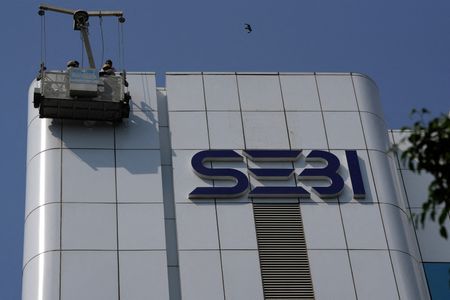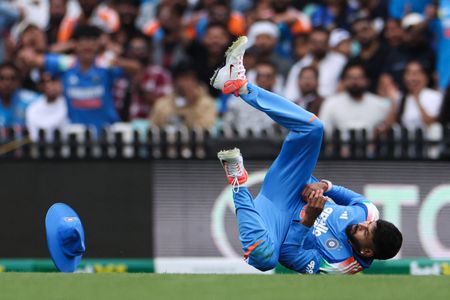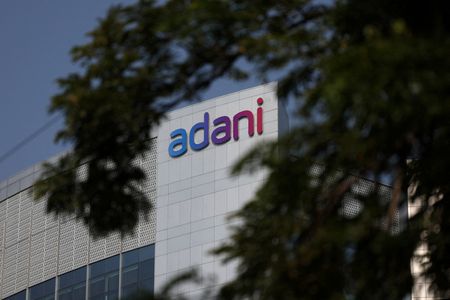By Shivam Patel
NEW DELHI (Reuters) -Indian state-owned warplane maker Hindustan Aeronautics Ltd said on Tuesday it had signed an initial agreement to build civil commuter aircraft with a Russian aerospace firm subject to Western sanctions.
The agreement with United Aircraft Corporation marks a step towards producing a passenger aircraft in India for the first time, but risks stoking tensions with Western countries trying to punish Russia for its invasion of Ukraine.
Industry sources told Reuters earlier this month that Indian refiners were poised to sharply curtail imports of Russian oil as New Delhi seeks to mend relations with Washington and persuade it to row back on hefty import tariffs imposed on Indian goods.
The UAC is under U.S., European Union, and British sanctions and is described by the U.S. Treasury as a key enterprise in Russia’s military-industrial complex.
India has said it does not subscribe to unilateral sanctions and has criticised the targeting of its ties with Moscow as unjustified and unfair, while accusing the West of double standards because the EU and the U.S. still buy Russian goods worth billions of dollars.
According to the memorandum of understanding signed in Moscow, HAL will produce UAC’s SJ-100 twin-engine, narrow-body aircraft that typically seats up to 100 passengers, for domestic customers. HAL has long partnered with the UAC, mainly by building under licence the Sukhoi Su-30MKI fighter jet for the Indian Air Force.
“This collaboration between HAL and UAC is the result of mutual trust between the organisations,” HAL said in a statement. “It’s a step towards fulfilling the dream of ‘Aatmanirbhar Bharat’ (self-reliant India) in the civil aviation sector.”
The company said that the Indian aviation sector is estimated to require more than 200 jets for regional connectivity over the next 10 years and an additional 350 to serve nearby international tourist destinations.
Amit Malviya, head of the information technology department in Prime Minister Narendra Modi’s ruling Bharatiya Janata Party, said the pact was a boost to India’s ambitions to become a global manufacturing hub.
“With this, India enters the global civil aviation market, long dominated by Airbus (Europe) and Boeing (U.S.),” Malviya said in a post on X.
(Reporting by Shivam Patel in New DelhiEditing by Mark Potter)






